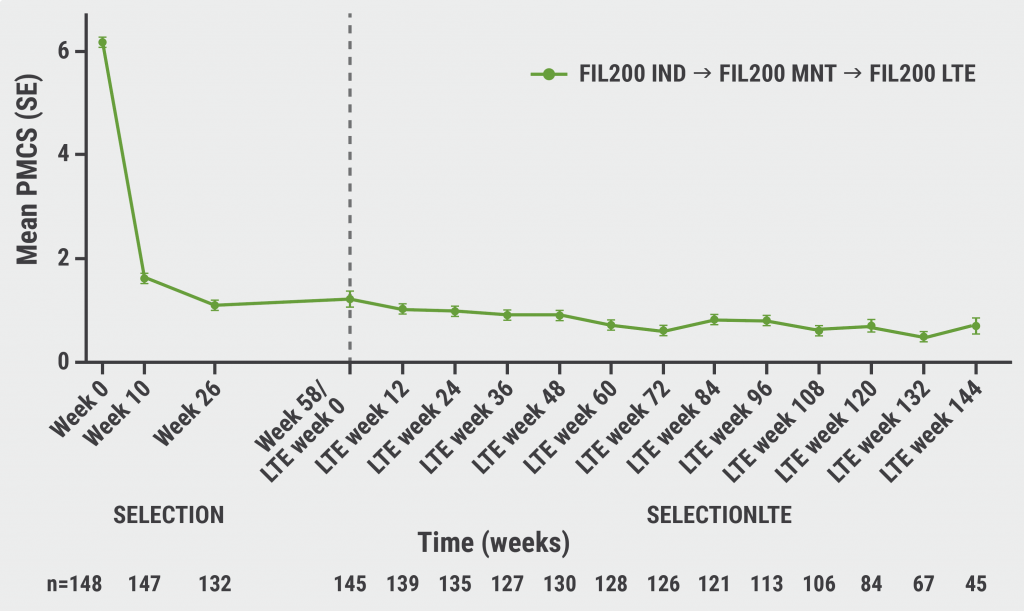About one in five of almost 200 children without stoma in the population-based cohort required enemas or rectal or colonic washouts to maintain voluntary bowel movements, and more than half were fecally incontinent, researchers report in Archives of Disease in Childhood. What's more, nearly half underwent at least one unplanned follow-up surgery, and a quarter of those were considered major or complex.
"The high rates of faecal incontinence, unplanned procedures and low quality of life scores are sobering," Dr. Benjamin Saul Raywood Allin of the University of Oxford and colleagues write in Archives of Disease in Childhood. "With the quality of life scores reported here on a par with those of children with end-stage renal disease and cancer, the overall impact of HD on a child's life appears significant."
To the researchers' knowledge, there have been no previous population-based studies describing HD outcomes in school-aged children. The authors note that most prior studies had been small, retrospective, single-institution cohort studies and thus did not allow realistic conclusions to be drawn with respect to the overall health and well-being of children with HD.
In view of their findings, the researchers advise clinicians to prioritize addressing the bowel, bladder and psychological problems experienced by children with HD, in addition to providing regular follow-up, easy access to a multidisciplinary care team, and psychological support.
Between 2010 and 2012, the team gathered information on 305 infants under 6 months with HD from all 28 pediatric surgical centers in the United Kingdom and Ireland. HD was defined as an absence of ganglia (aganglionosis) in the enteric nervous system of the distal bowel.
Two hundred thirty-nine children from 20 of these sites were later followed up at ages 5 to 8. Of these, 12 had died in the interim, the majority from anomalies associated with HD.
Among the 227 surviving children, 30 had a stoma. Of the other 197 children, 124 (63%) were incontinent of feces. This incontinence ranged from once or twice a week (40%), to daily without social problems (28%), to constantly and causing social problems (25%).
In the 76 children for whom a PedsQL score was available, these quality-of-life scores were on average significantly lower than those for a reference population.
The authors noted prior research indicating that outcomes in older children and in adults with HD are substantially less severe, with quality of life "little different from people without HD." One explanation, the report explains, is that "outcomes may vary over time, and the age at which outcomes were reported in this work represents a point where they are at their worst."
Dr. Allin did not reply to a request for comment.
SOURCE: https://bit.ly/3pUhUFI Archives of Disease in Childhood, online November 2, 2020.
By Reuters Staff
Posted on
Previous Article
« Flying after concussion may not affect symptoms, recovery Next Article
AI-driven body-composition analysis predicts heart attack and stroke better than BMI »
« Flying after concussion may not affect symptoms, recovery Next Article
AI-driven body-composition analysis predicts heart attack and stroke better than BMI »
Related Articles

July 18, 2024
FLOT outperforms CROSS in resectable oesophageal cancer


© 2024 Medicom Medical Publishers. All rights reserved. Terms and Conditions | Privacy Policy
HEAD OFFICE
Laarderhoogtweg 25
1101 EB Amsterdam
The Netherlands
T: +31 85 4012 560
E: publishers@medicom-publishers.com

